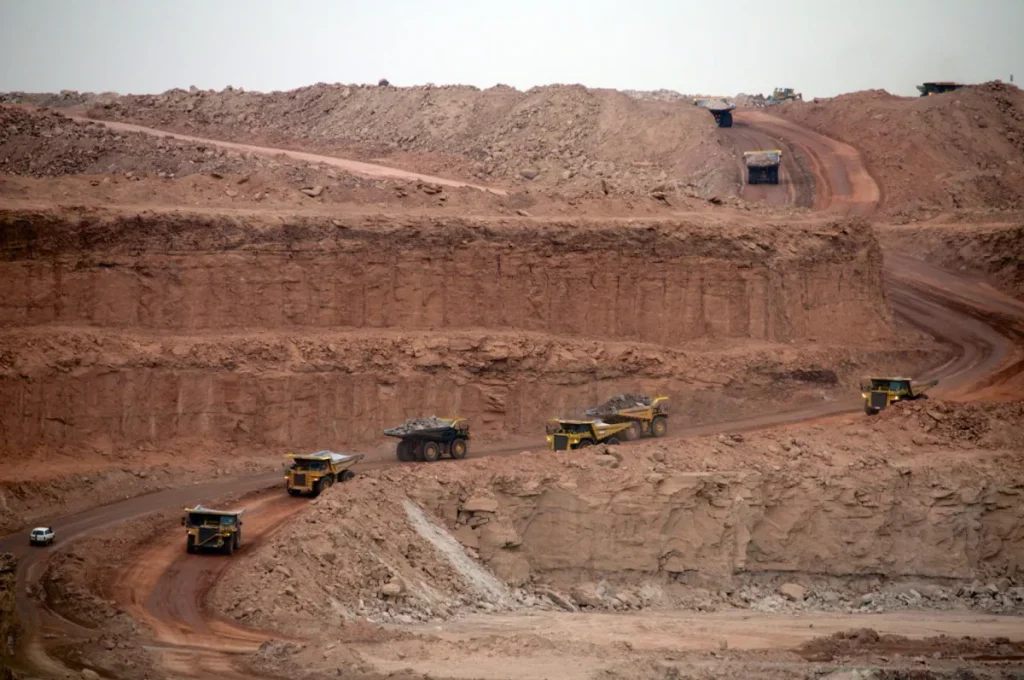
Niger has taken a decisive step toward economic sovereignty by announcing the nationalization of the Liptako Mining Company (SML), a move aimed at strengthening state control over its gold resources.
The decision, announced on August 8 under the authority of General Abdourahamane Tiani, affects SML’s two key gold mining permits: Samira Libiri and Boulondjounga, both located in the country’s western region.
This move comes amid a broader effort by Niger, a member of the Alliance of Sahel States, to regain control over critical sectors such as gold and uranium mining. In recent months, the government has intensified measures designed to reduce economic dependence on foreign companies and maximize the benefits flowing to local stakeholders.
Niger’s nationalization of SML echoes a regional trend where several African nations seek to renegotiate or terminate mining contracts perceived as unfavorable to their national interests.
Alongside the nationalization, Niamey has suspended exports of several mineral substances, including precious and semi-precious stones as well as meteorites.
Although exemptions may be granted on a case-by-case basis, this policy aims to tighten regulatory oversight, better control supply chains, and curb uncontrolled outflows of valuable minerals.
SML, initially established in partnership with foreign investors, has long been a cornerstone of Niger’s gold industry. Bringing it under full national ownership could reshape the local gold market dynamics—potentially boosting export revenues and increasing tax income for the government.
Regionally, this step fits into a wider movement across Sahelian states striving to assert sovereignty over natural resources amidst complex economic, security, and geopolitical challenges.
The nationalization signals a political and economic shift that may influence upcoming negotiations with other mining companies operating in Niger, potentially redefining the mining sector landscape throughout West Africa.



